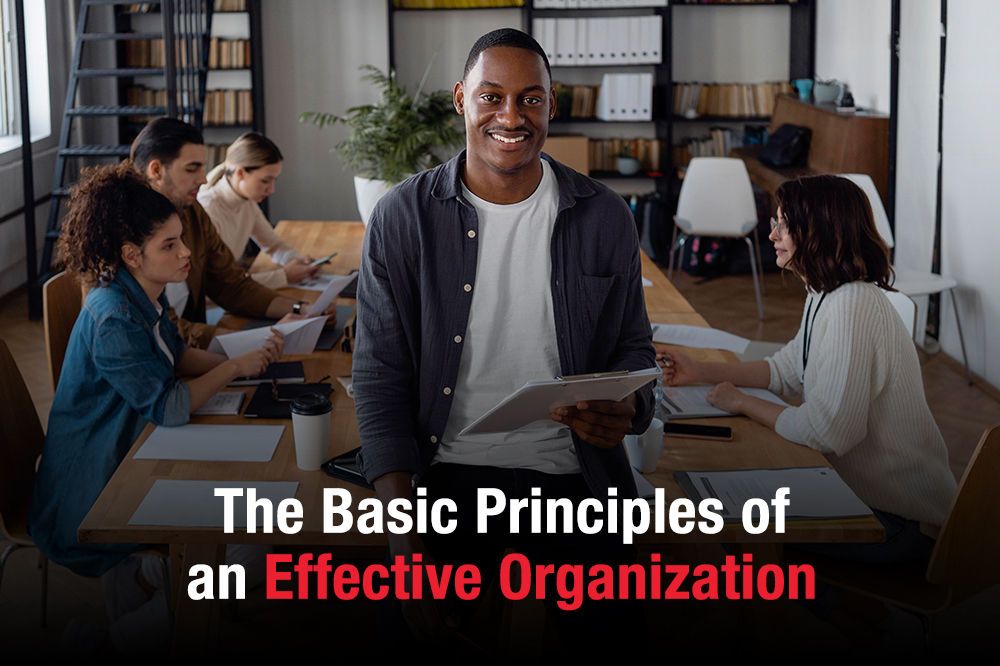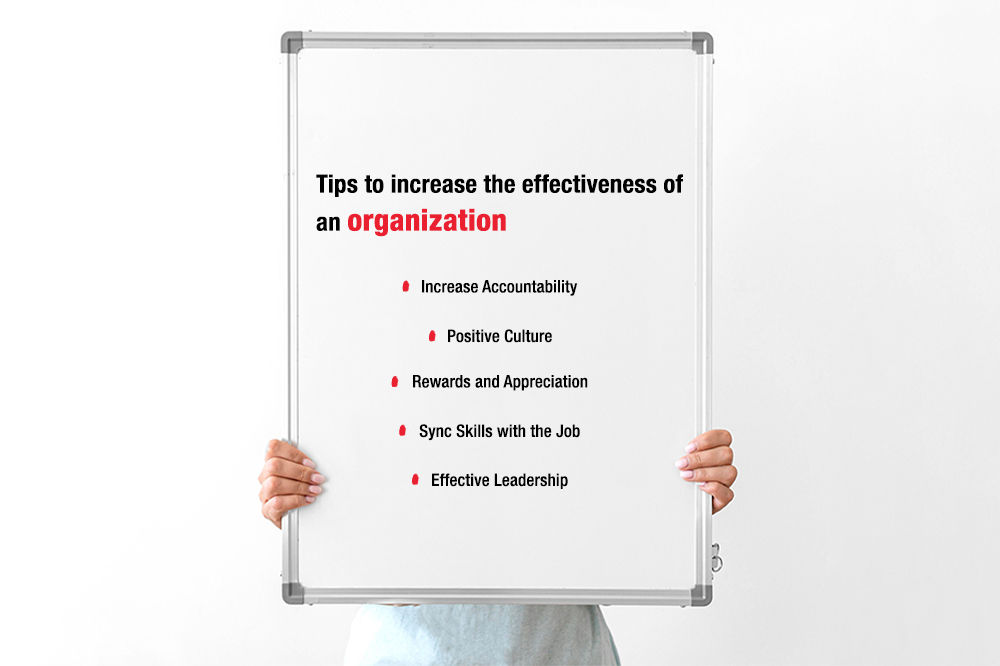Organizational development involves many factors, which include, most importantly, the human element. The development of human resources and retention of the skills and capabilities in an organization increases and sustains a productive culture. Creating an inclusive environment where employees are not afraid to voice their opinions increases innovation in the workplace. An effective organization will also foster a healthy relationship between its people, including an interpersonal relationship between employees and employers. Accountability and responsibility for the work are the main factors responsible for higher performance by people. Fostering a culture of “crucial accountability” can increase trust and reliability among team members.
Problem Statement
The employees of any company are the main pillars of an effective organization. The relationship between different human beings can be disrupted by the introduction of change or the lack of accountability. Some of the principles associated with an effective organization are delegating tasks to the right people, implementing collaboration and teamwork with the help of division of labor, and unity in decision-making. Most organizations are challenged while implementing positive work culture. In this regard, crucial accountability training can help an employee to learn skills that would assist in problem-solving and strengthening trust.
Tips to increase the effectiveness of an organization
Organizations worldwide continuously strategize to strengthen their work culture and build interpersonal relationships. Employee engagement and increased job satisfaction are some of the mean strategies for an effective organization.
- Increase Accountability – Every worker must be responsible for the work that they are doing in the company. Accountability can increase productivity and help understand an individual's strengths and weaknesses. Crucial accountability training allows the employee to identify obstacles to solving dilemmas. It also builds the individual's confidence to help them share their opinions without devaluing the work of others. The main focus is to increase your ability to diagnose an issue and understand how to reduce the gap.
- Positive Culture – An effective organization will make its employees feel welcomed and happy. A positive culture is where employees are not afraid to voice their opinions and can think out of the box. Employers should be open to criticism and share feedback. Employees should be trained to accept feedback to grow in their professional careers.
- Rewards and Appreciation – It is important to recognize employees' good work. In this case, conversations in crucial accountability will help employers understand who is responsible for the success and the project's failure. It will help to understand the strengths and weaknesses of the employees and engage various strategies to improve productivity.
- Sync Skills with the Job – Try and recruit the right employee for the job and give them the work according to their skills. Workers who do not utilize their capabilities to the highest limit can become complacent and dissatisfied with the work culture. These workers can look for other options challenging employee retention.
- Effective Leadership – One of the most essential pillars of an effective organization is to provide proper leadership. Leaders should be trained in using different motivational techniques to increase performance. Introducing change can also cause resistance; therefore, it is the leader's responsibility to ensure that the workers understand the importance of the change and the need to accept and adapt to the changing atmosphere.
Conclusion
Crucial accountability training is necessary for every organization to build a positive and supportive culture. An effective organization recognizes its employees' good work and indulges in positive conversations. An effective organization will also recruit the right person and use their skills to the ultimate. Collaboration, trust, and accountability are the three main features of an effective organization.








Comments